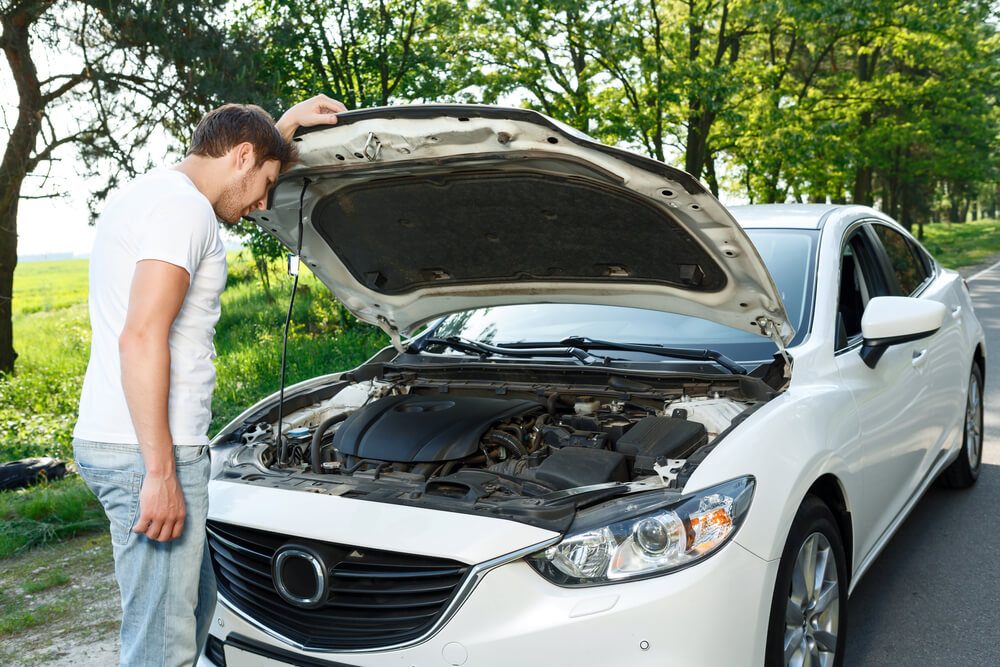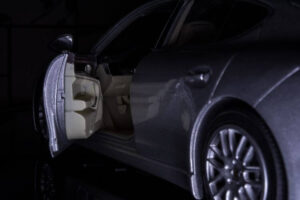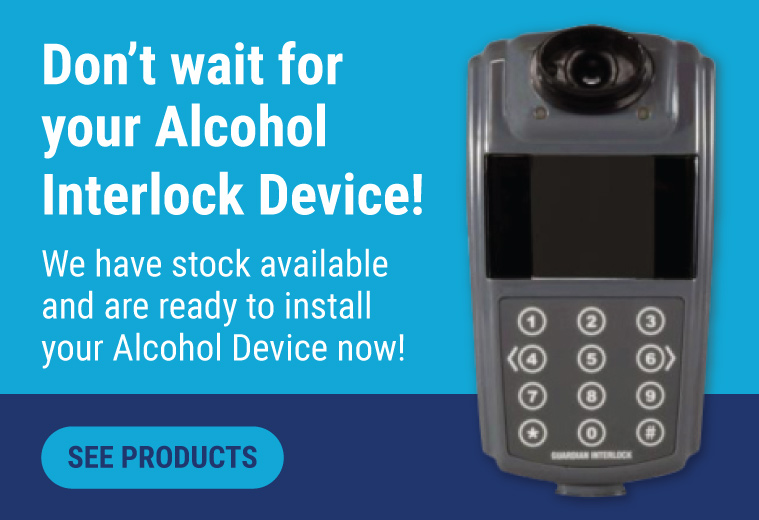
Will An Alcohol Interlock Device Drain Your Vehicle’s Battery?
If you’ve just had an alcohol interlock device installed, your chosen supplier will have provided you with all the information you need to pass all breath tests and navigate the conditions of your state’s alcohol interlock program. While this is important in helping you comply with all relevant rules and regulations, you might still have a series of questions that have been left unanswered. One of the most common questions that you may have is whether your interlock device will have an impact on your vehicle’s battery.
On rare occasions, an alcohol interlock device may create issues with a vehicle’s battery. These issues can often be avoided in advance by mandatory servicing, but in many cases, battery drainage is not caused by the interlock device at all.
Nevertheless, it’s important to remember that the interlock requires 12.6 volts to operate correctly. Your battery will be assessed prior to installation to alleviate potential power issues, and your chosen service centre will recommend battery replacement if required. Below, we’ll discuss these issues and some preventative measures for you to consider adopting.
Understanding Alcohol Interlock Devices & Car Batteries
An alcohol interlock device is a breathalyser for your vehicle, and it is often installed as a matter of legal compliance following a drink driving charge. It requires the driver to blow into the device before starting their car to provide a blood alcohol concentration reading. This checks whether the reading is above a pre-set limit, and when it is, the device prevents the engine from starting thanks to its connection with the vehicle’s ignition.
Installing this device into your vehicle involves integrating it with the vehicle’s electrical system. It’s wired to the ignition and other control systems to monitor and control the start-up process. This integration is crucial for the device’s functionality, but for some, it raises questions about its impact on the car’s battery.
A car battery is the electrical heart of your vehicle. It powers everything from starting your engine to keeping your lights on. When considering the addition of an alcohol interlock device, it’s important to understand that it, like any other electrical accessory, will draw power from the battery. However, the power drawn by the ignition interlock device is relatively minimal, especially when compared to other electrical systems in the car.

Assessing the Impact of Interlock Devices on Battery Health
Understanding the dynamics between your vehicle’s ignition interlock device and its battery health is pivotal. It’s a common misconception that the alcohol interlock is the primary culprit in draining car batteries, but in reality, this is rarely the case. So why else might your car battery drain?
Typical Battery Use
Even when your vehicle is parked, it will use electricity continuously. The many accessories in modern vehicles, like clocks, radios, GPS units, smart systems, and even the internal memory of onboard computers all consumer power at all times. However, this consumption of power pales in comparison to bad habits like leaving headlights on or failing to close a door properly. These instances are far more likely to drain your battery than the operation of your ignition interlock device.
So, Will My Interlock Device Drain My Battery?
Once installed, the ignition interlock device does indeed tap into your car’s battery and consume its energy. However, the amount of power it consumes is relatively insubstantial. It’s designed to be efficient, ensuring that its operational needs don’t compromise the vehicle’s overall battery life. In reality, issues such as an old or worn-out battery or a faulty alternator are among the most common causes of any significant power drain.
If you find your vehicle’s battery is draining quicker than usual, make sure you consider these broader aspects of your car’s electrical system to get to the root of the issue. Regular maintenance checks and battery health assessments are vital in identifying and rectifying any such issues. Remember, while the ignition interlock plays a role in your vehicle’s electrical ecosystem, it’s just one of many components that consistently draw power, and it is not typically the one that leads to battery depletion.

Solutions and Preventive Measures
While battery problems related to an ignition interlock are rare, it’s important to know how you can minimise the risk of them occurring.
Drive Regularly
First and foremost, regular driving is essential in maintaining the health of any car battery. This simple activity is often overlooked, but ask any mechanic, and they’ll stress the importance of regular driving because it gives the battery a chance to recharge. Drive your vehicle at least 2-3 times per week to ensure it remains in good condition and reduces the likelihood of unexpected drainage.
I Have A Flat Battery – What Should I Do?
The first step is simply to charge your battery. 12.6 volts is the minimum required for your interlock to be operational. Never jump-start your vehicle, as this could damage the equipment resulting in full replacement costs and record a tampering event of your program. Once your vehicle is charged, you may need to return to your service centre to have the interlock serviced. If the power loss is greater than 20 minutes, this can cause a violation of your program. Bear in mind a battery can fail while a vehicle ignition is off, so you can be unaware of it until you try to start the vehicle again.
A Network of Provides Ready To Assist You
In the rare instances where the ignition interlock device might contribute to battery drainage, it’s important to know that help is readily available. Guardian Interlock has a wide network of service centres across the country, with each equipped to handle such situations.
When you choose Guardian Interlock, you can trust that they will assess your vehicle’s battery in advance of the installation, making sure your ignition interlock device is only fitted alongside a quality battery to prevent future issues. In addition, they offer professional assistance and conduct mandatory servicing at regular intervals where any potential problems are flagged. This proactive approach helps in early detection and resolution of any future battery-related issues.
Install Your Alcohol Interlock Device With Guardian Interlock
While an alcohol interlock device does draw power from your vehicle’s battery, its impact is minimal compared to other electrical components and daily habits that can drain your battery. Regular driving and maintenance, along with the support of our service centres, can effectively mitigate any battery-related issues, ensuring that your ignition interlock system functions efficiently without compromising your vehicle’s battery health.
Guardian Interlock is among Australia’s most reputable alcohol interlock providers, with locations in every state in Australia. Therefore, you can be sure that your Guardian-approved service centre is qualified for interlock device installation, servicing, and removal of your interlock device, and our devices are compliant with your state’s regulations. Email admin@guardianinterlock.com.au or call 1300 881 005 today to get started with your alcohol interlock program.
We understand how essential a vehicle is, whether for work purposes, family responsibilities, or other commitments. We’re committed to helping our clients remain compliant and on the road. Our customer care representatives are available to take your calls 8.30 am – 5:30 pm Monday to Friday. We also have an Emergency assistance line available 24 hours a day, seven days a week.


